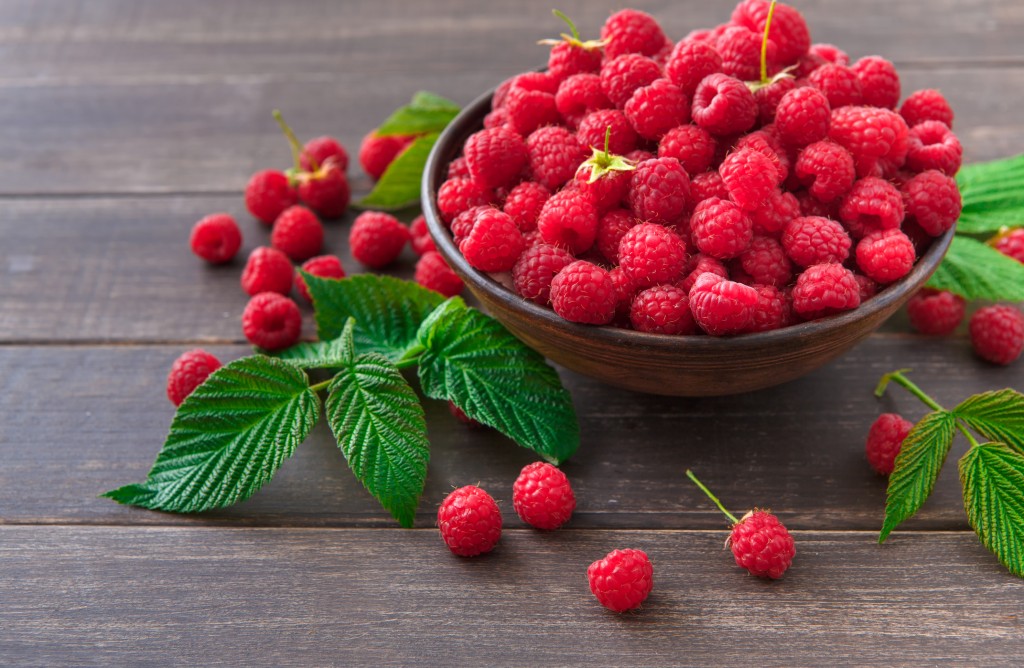Raspberries Reveal Benefits In Two Studies


Articles that appeared recently in the Journal of Berry Research report that raspberries and compounds present in the fruit could help support healthy body mass and motor function, including balance, coordination and strength.
In one study, Neil Shay and colleagues at Oregon State University fed mice a high fat, high sugar diet plus one of the following: raspberry juice concentrate, raspberry puree concentrate, raspberry fruit powder, raspberry seed extract, ellagic acid (a polyphenol that occurs in a relatively high amount in raspberries), raspberry ketone, or a combination of raspberry ketone and ellagic acid. Additional groups of animals received a high fat, high sugar diet alone or a low fat diet.
While mice that received the high fat and sugar diet alone experienced a significant increase in body mass, the addition of raspberry juice concentrate, raspberry puree concentrate or ellagic acid plus raspberry ketone helped prevent this effect. Of note, mice that received raspberry juice concentrate experienced gains similar to those of animals given a low fat diet. “We hope that the findings from this study can help guide the design of future clinical trials,” Dr Shay stated.
In another study, Barbara Shukitt-Hale, PhD, and her associates at Tufts University’s Human Nutrition Research Center on Aging gave 19 month old rats a control diet or a diet enhanced with raspberry extract for 11 weeks. Psychomotor behavior was assessed during week 7 and cognitive testing was conducted during weeks 9-10.
Animals that received raspberry performed better on psychomotor coordination and balance, and had better muscle tone, strength and stamina than those that received a control diet. “These results may have important implications for healthy aging,” stated Dr Shukitt-Hale. “While further research in humans is necessary, animal model studies are helpful in identifying deficits associated with normal aging.”